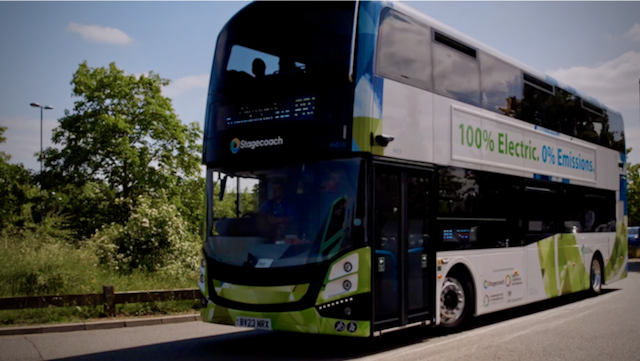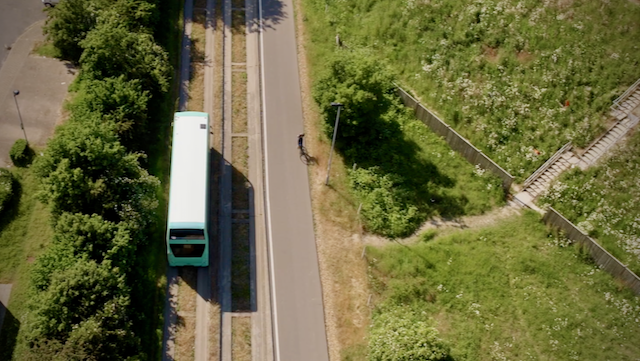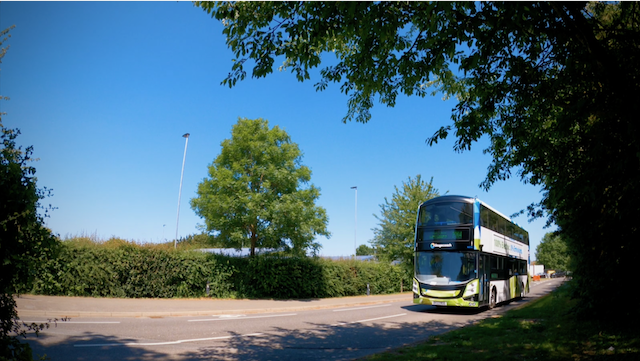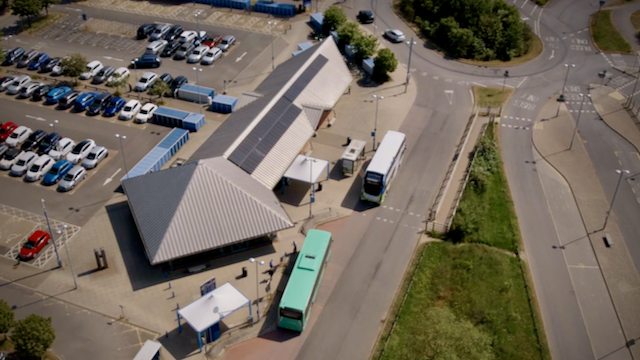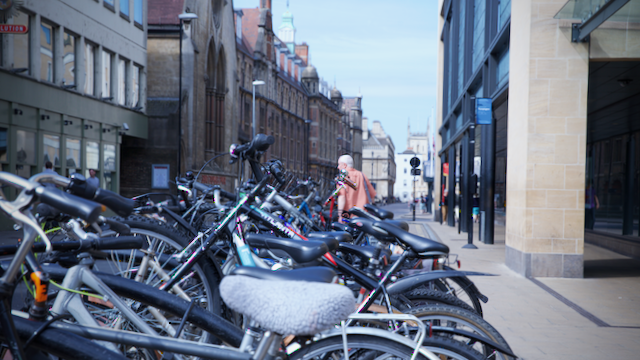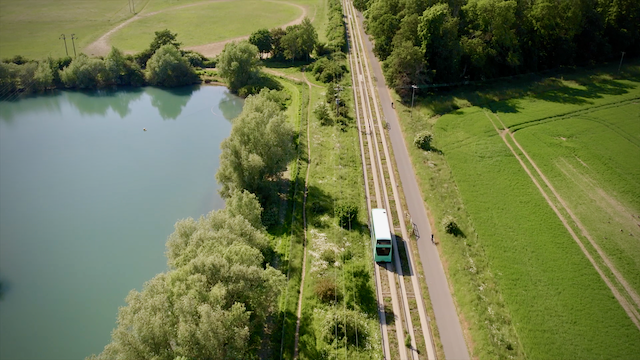Rachel Stopard, chief executive, Greater Cambridge Partnership, said:
“We have listened to people’s concerns and feedback during the consultation and taken action by revising our proposals. This is a once in a lifetime opportunity to future proof our public transport network and reduce our dependency on the car by creating a low cost, secure, reliable and viable option for residents, workers, students and visitors who want to quickly and easily get around our beautiful city. We simply cannot afford to do nothing – the growth of our city’s economy means that we need to urgently solve the problem of congestion that blights our roads.”
“Greater Cambridge needs to tackle the congested roads, fund more electric buses and new, reliable and cheaper services. Although the updated measures are not the preferred option that we presented originally, we believe that the revised proposal is fair to everybody – those on a low income, small businesses, families, people accessing healthcare and workers and residents who simply want to travel around Cambridge without being stuck in congestion. We aim to provide a cleaner, greener and healthier future for all.”
Eilish Midlane, CEO at Royal Papworth Hospital and Mike More, Chair at Cambridge University Hospital, said:
“We recognise the importance of addressing congestion and improving public transport in Cambridge, in particular the health benefits this can bring.
“As hospitals on the biomedical campus which are included in the sustainable travel zone (STZ), we welcome the further discussions we have had with the Greater Cambridge Partnership, where we have been able to directly voice feedback from our staff, volunteers, patients and visitors.
“The revised proposals relating to the STZ are a positive step forwards, recognising the reliance of some patients on their cars for travelling to hospital and the need to be able to recruit and retain healthcare staff to deliver our services.
“We continue to engage with the GCP as the proposals are subject to discussion of details.”
Silviya Barrett from Campaign for Better Transport said:
"We're pleased that plans are progressing in Cambridge, which will give residents and visitors the ability to travel more sustainably.
“The vision of the team, guided by the consultation responses received, will help expand and improve the bus network. If we are to get to anywhere near our legally mandated net zero targets, shifting people from cars to public transport, walking and cycling is of critical importance – and these plans will seek to do just that."
Anthony Painter of Cambridgeshire Parents for Sustainable Travel said:
"As parents, we want a fair, safe and healthy city - these proposals are a big step in the right direction. The current situation - woeful public transport and a congested, polluted city - will only get worse as the city grows rapidly. Enough is enough, it is time for action.
These proposals help provide affordable options whether you travel by car, bike or bus. There will be better access to schools and colleges for kids and young people in and around Cambridge.
What's important is that everyone has been listened to in the consultation process and substantial changes have been made. A future without sustainable travel will be worse for the city and those who travel into it. We ask our political leaders to act now to secure a fairer, greener city for both current and future generations.”
For more information, download the Keep Cambridge Moving brochure.
